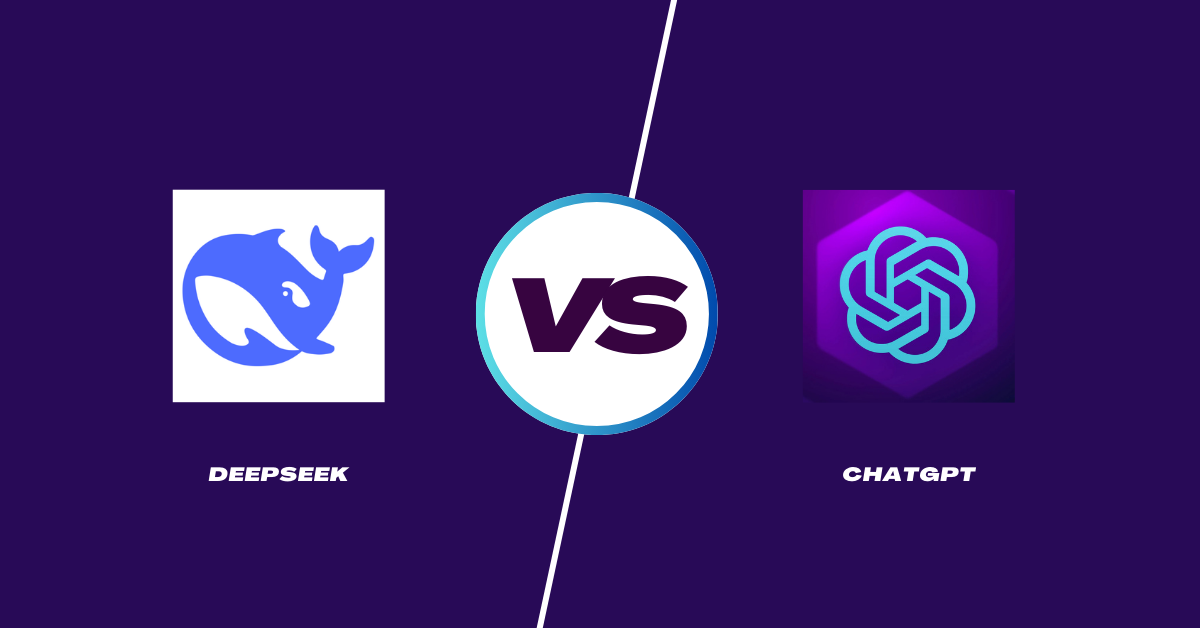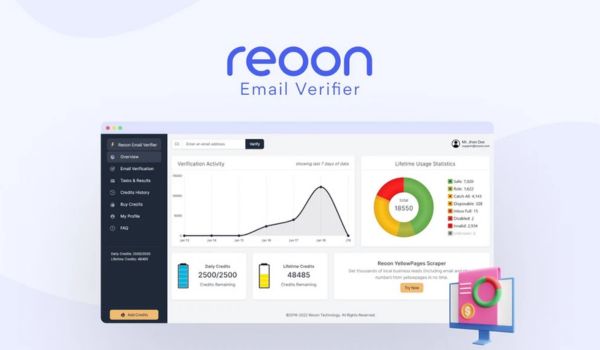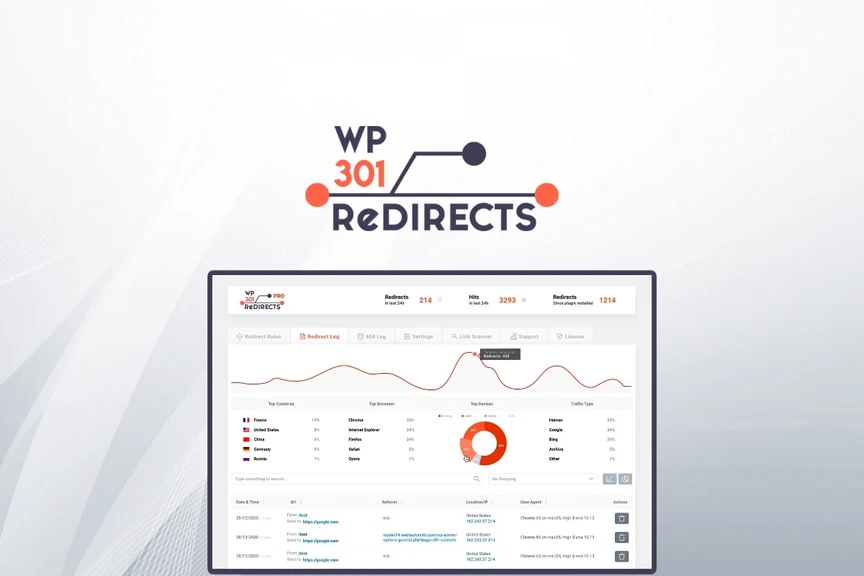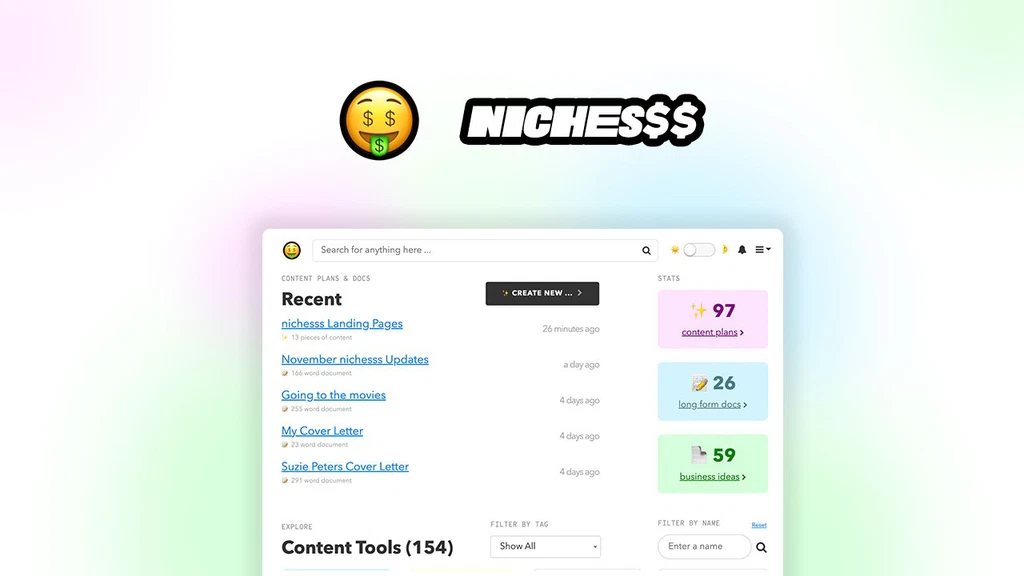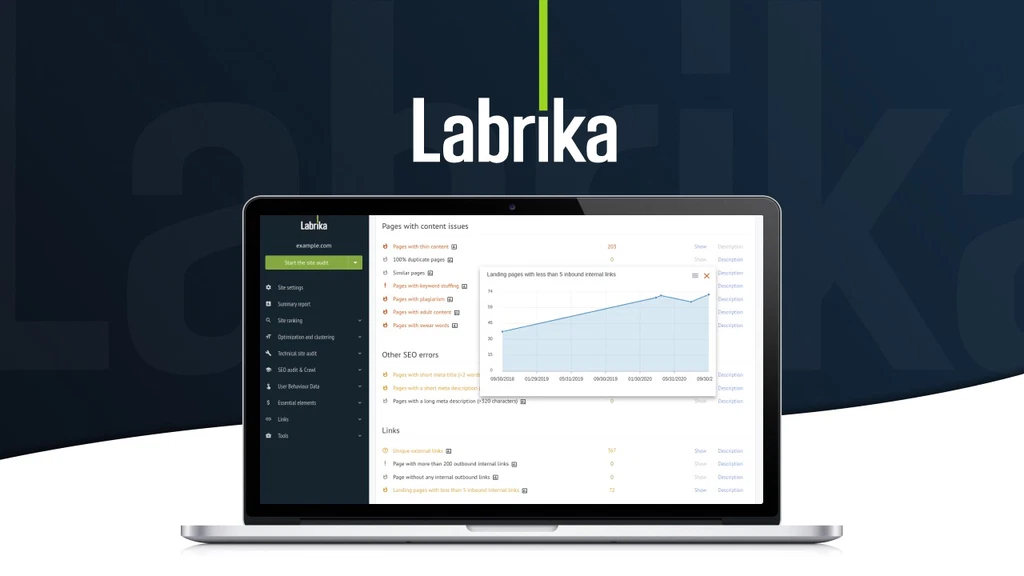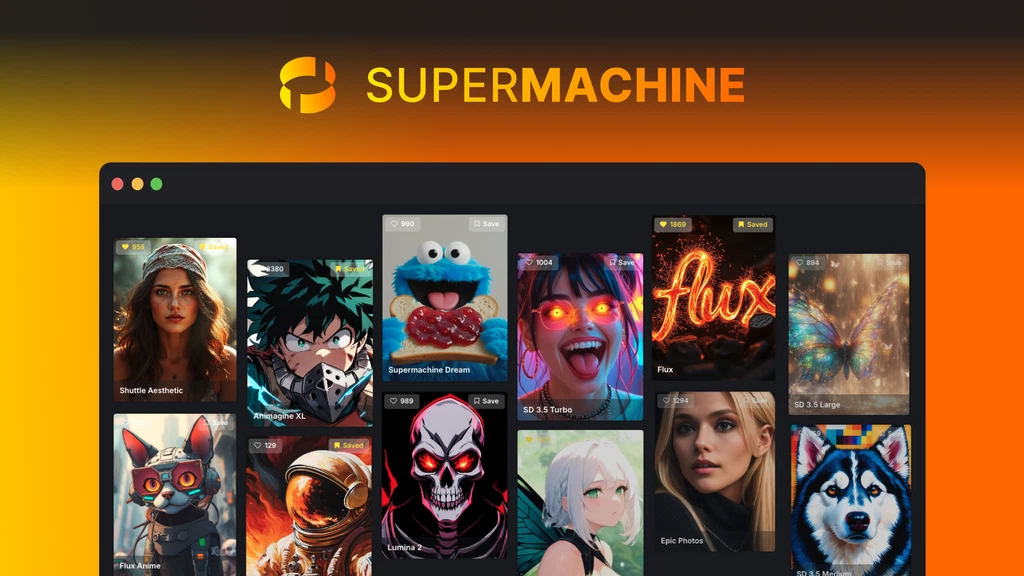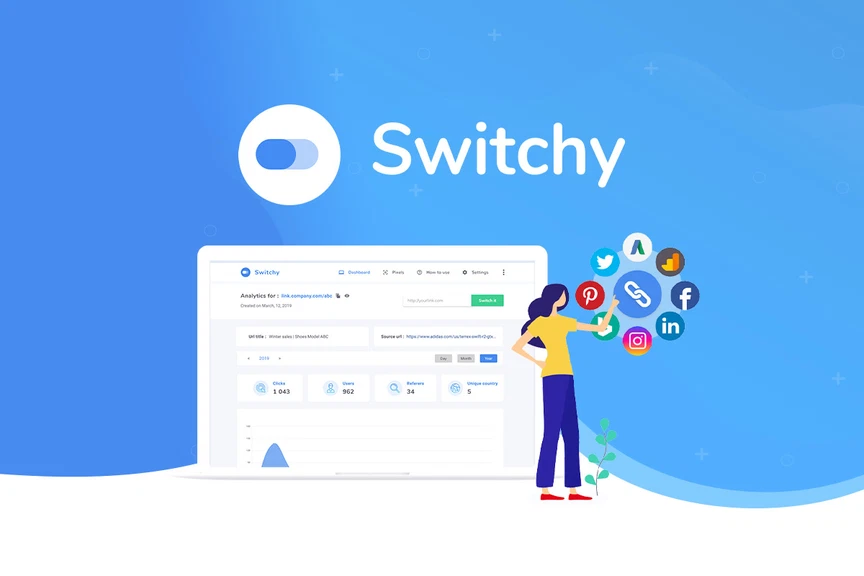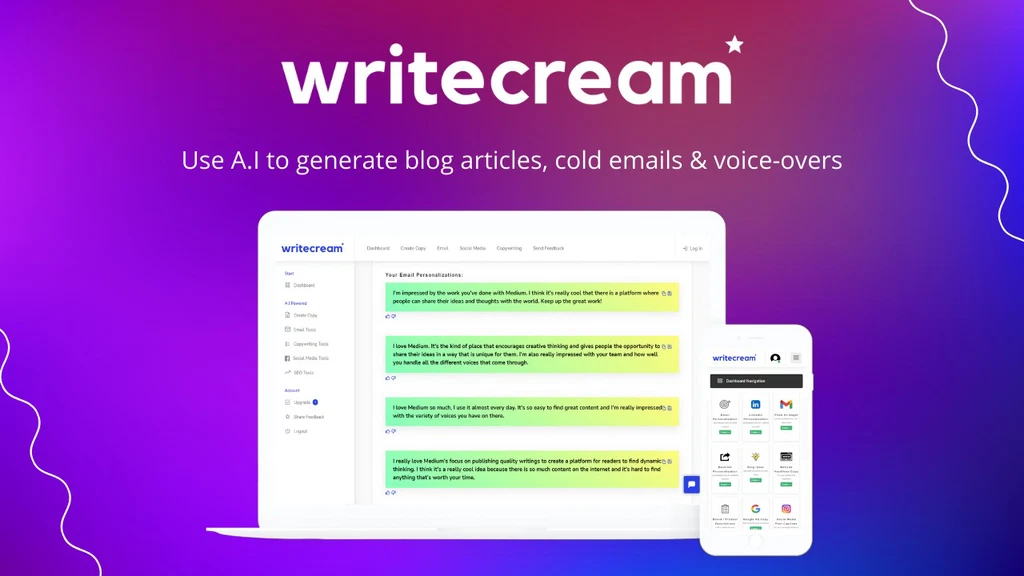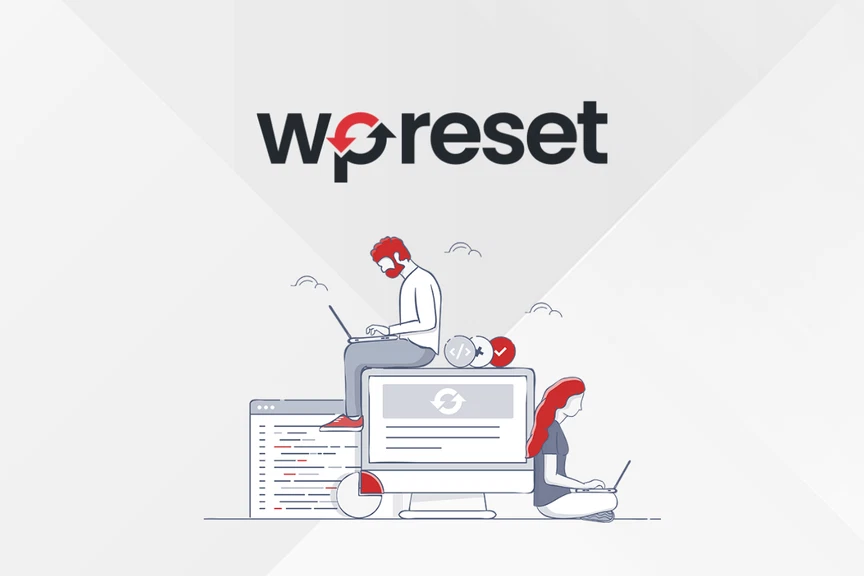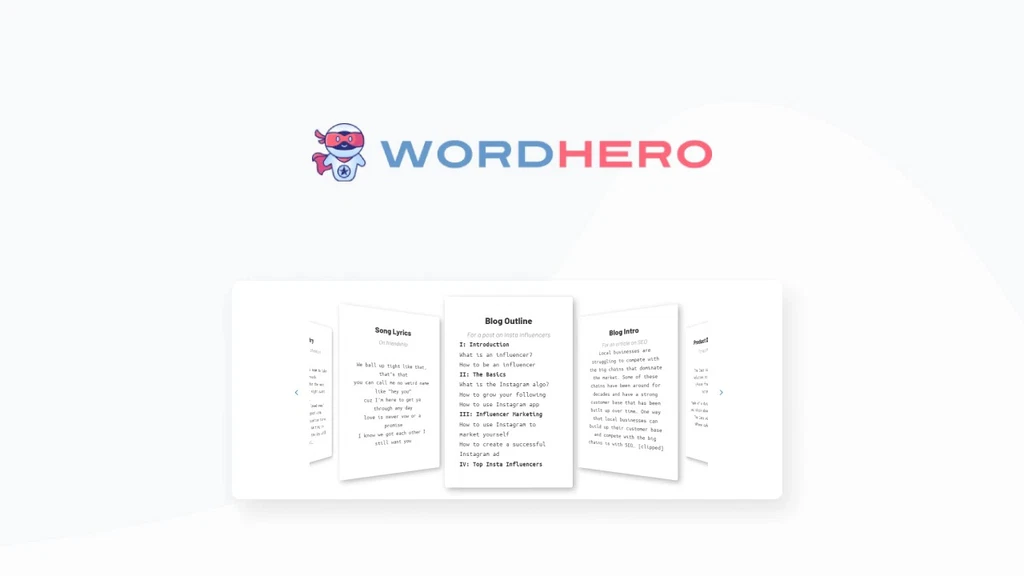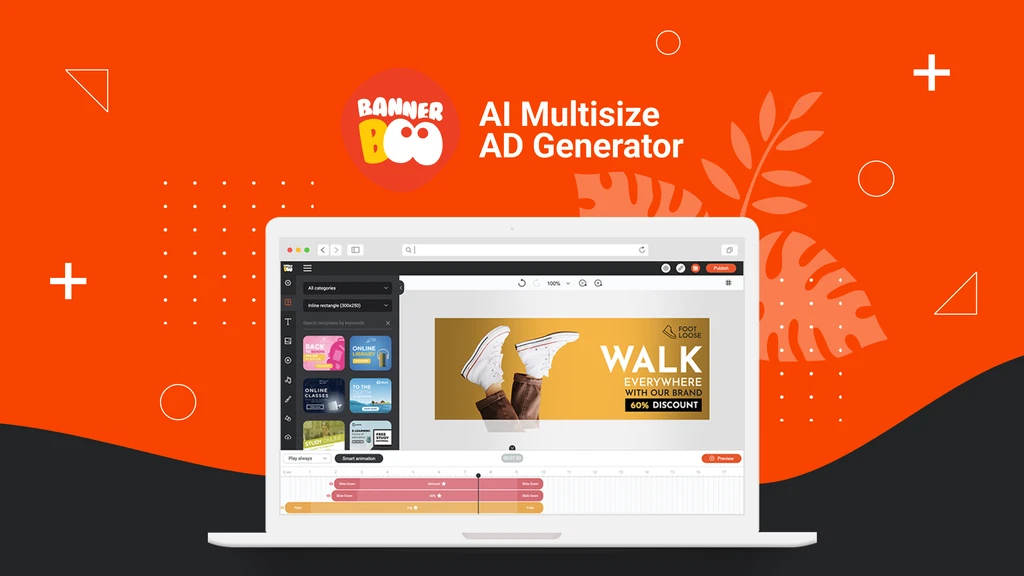Artificial intelligence tools like ChatGPT and DeepSeek are revolutionizing how businesses and individuals approach tasks, from content creation to data analysis. But which one is better for your specific needs? In this comprehensive comparison, we’ll dive into the features, strengths, weaknesses, and use cases of both tools to help you make an informed decision. Whether you’re a content creator, developer, or enterprise leader, this guide will provide actionable insights to choose the right AI solution.
What is ChatGPT?
ChatGPT, developed by OpenAI, is a state-of-the-art conversational AI built on the GPT (Generative Pre-trained Transformer) architecture. It’s designed to understand and generate human-like text, making it a versatile tool for a wide range of applications.
Key Features of ChatGPT
- Natural Language Processing (NLP): Excels in understanding and generating human-like text.
- Multilingual Support: Works seamlessly across multiple languages.
- API Integration: Developers can integrate ChatGPT into apps, websites, and workflows.
- Customizability: Can be fine-tuned for specific use cases like customer support or content creation.
Strengths of ChatGPT
- Versatility: Suitable for general-purpose tasks like writing, coding, and tutoring.
- User-Friendly: Accessible to non-technical users with minimal setup.
- Continuous Updates: Regularly updated with new features and improvements.
Weaknesses of ChatGPT
- Knowledge Cutoff: Limited to data up to its training cutoff (e.g., 2021 for GPT-4).
- Accuracy Issues: May generate incorrect or biased responses without proper fine-tuning.
- Generic Outputs: Struggles with highly specialized or niche topics.
What is DeepSeek?
DeepSeek, developed by DeepSeek Artificial Intelligence Co., Ltd., is an AI platform focused on delivering industry-specific solutions. Unlike ChatGPT, DeepSeek is tailored for data-driven tasks and real-time decision-making in sectors like finance, healthcare, and supply chain management.
Key Features of DeepSeek
- Advanced Data Analytics: Processes large datasets to provide actionable insights.
- Industry-Specific Models: Tailored for sectors like finance, healthcare, and education.
- Real-Time Decision Support: Helps businesses make data-driven decisions quickly.
- Enterprise Integration: Designed to integrate seamlessly with existing systems.
Strengths of DeepSeek
- Specialization: Excels in niche applications like fraud detection and diagnostics.
- Accuracy: High precision in data analysis and predictions.
- Security: Strong focus on data privacy and compliance.
Weaknesses of DeepSeek
- Limited Accessibility: Primarily targeted at enterprises, not individual users.
- Complex Implementation: Requires technical expertise to set up and use effectively.
- Less Versatile: Not designed for general-purpose tasks like content creation.
ChatGPT vs DeepSeek: Head-to-Head Comparison
To help you decide which tool is better, let’s compare ChatGPT and DeepSeek across key dimensions:
| Feature | ChatGPT | DeepSeek |
|---|---|---|
| Primary Use Case | General-purpose tasks | Industry-specific applications |
| Ease of Use | User-friendly, accessible to all | Requires technical expertise |
| Customization | Highly customizable for various uses | Tailored for specific industries |
| Cost | Freemium model (free + paid plans) | Enterprise pricing (less transparent) |
| Scalability | Suitable for small and large projects | Best for large-scale enterprises |
Use Cases and Applications
Both tools excel in different areas. Here’s a breakdown of their ideal use cases:
ChatGPT Use Cases
- Content Creation: Write blogs, social media posts, and marketing copy.
- Customer Support: Power chatbots for instant customer assistance.
- Education: Provide tutoring and answer student queries.
- Coding Assistance: Help developers debug and write code.
DeepSeek Use Cases
- Finance: Analyze market trends, detect fraud, and optimize investments.
- Healthcare: Assist in diagnostics, patient data analysis, and treatment planning.
- Supply Chain: Optimize logistics and inventory management.
- Risk Management: Identify and mitigate potential risks in real-time.
Pros and Cons Summary
Here’s a quick summary of the pros and cons of each tool:
ChatGPT
- Pros:
- Versatile and user-friendly.
- Excellent for creative and general-purpose tasks.
- Continuously updated with new features.
- Cons:
- Limited by its knowledge cutoff.
- May produce inaccurate or biased outputs.
DeepSeek
- Pros:
- Tailored for industry-specific applications.
- High accuracy in data-driven tasks.
- Strong focus on privacy and security.
- Cons:
- Less accessible to individual users.
- Requires technical expertise to implement.
Which One Should You Choose?
The choice between ChatGPT and DeepSeek depends on your specific needs:
- Choose ChatGPT if:
- You need a versatile, general-purpose AI tool.
- You’re a content creator, developer, or small business owner.
- You prefer a user-friendly, accessible solution.
- Choose DeepSeek if:
- You’re an enterprise needing industry-specific AI solutions.
- Your focus is on data analysis, real-time decision-making, or risk management.
- You have the technical resources to implement and customize the tool.
Future Outlook
The AI landscape is evolving rapidly, and both ChatGPT and DeepSeek are poised to play significant roles in shaping the future of work and technology. Here’s what to expect:
- ChatGPT: Continued improvements in accuracy, customization, and integration capabilities.
- DeepSeek: Expansion into new industries and enhanced real-time analytics features.
As AI becomes more integrated into everyday life, tools like ChatGPT and DeepSeek will continue to empower individuals and businesses to achieve more.
Conclusion
Both ChatGPT and DeepSeek are powerful AI tools, but they serve different purposes. ChatGPT is ideal for general-purpose tasks and creative applications, while DeepSeek excels in industry-specific, data-driven solutions. By understanding their strengths and weaknesses, you can choose the tool that best aligns with your goals.
FAQs: ChatGPT vs DeepSeek
1. What is the difference between ChatGPT and DeepSeek?
ChatGPT is a general-purpose AI tool developed by OpenAI, designed for tasks like content creation, customer support, and coding assistance. DeepSeek, on the other hand, is an industry-specific AI platform focused on data analysis, real-time decision-making, and applications in sectors like finance and healthcare.
2. Which is better for content creation: ChatGPT or DeepSeek?
ChatGPT is the better choice for content creation. It excels at generating human-like text, making it ideal for writing blogs, social media posts, and marketing copy. DeepSeek, while powerful, is not designed for creative tasks and is better suited for data-driven applications.
3. Can DeepSeek be used for customer support like ChatGPT?
While DeepSeek can be integrated into customer support systems, it is not specifically optimized for conversational AI like ChatGPT. ChatGPT’s natural language processing capabilities make it a more effective choice for building chatbots and handling customer queries.
4. Is ChatGPT suitable for enterprise use?
Yes, ChatGPT can be used in enterprise settings, especially for tasks like content generation, coding assistance, and internal communication. However, for industry-specific applications like financial analysis or healthcare diagnostics, DeepSeek may be a better fit due to its specialized models.
5. What industries benefit most from DeepSeek?
DeepSeek is particularly beneficial for industries that require data-driven decision-making, such as:
- Finance: Fraud detection, market analysis, and investment optimization.
- Healthcare: Diagnostics, patient data analysis, and treatment planning.
- Supply Chain: Logistics optimization and inventory management.
6. Does ChatGPT have a knowledge cutoff?
Yes, ChatGPT has a knowledge cutoff, meaning it is only trained on data up to a specific point in time (e.g., 2021 for GPT-4). This can limit its ability to provide information on recent events or developments.
7. Is DeepSeek more accurate than ChatGPT?
DeepSeek is more accurate for data-driven tasks and industry-specific applications due to its focus on advanced analytics and real-time decision-making. However, ChatGPT outperforms DeepSeek in creative and conversational tasks due to its superior natural language processing capabilities.
8. Can I use ChatGPT and DeepSeek together?
Yes, you can use ChatGPT and DeepSeek together to leverage their respective strengths. For example, ChatGPT can handle customer interactions and content creation, while DeepSeek can provide data analysis and insights for decision-making.
9. Which tool is more affordable: ChatGPT or DeepSeek?
ChatGPT offers a freemium model with free and paid plans, making it more accessible to individual users and small businesses. DeepSeek, on the other hand, is primarily targeted at enterprises and likely involves higher costs, though specific pricing details are less transparent.
10. Does DeepSeek support multilingual tasks like ChatGPT?
While DeepSeek is capable of processing multilingual data, its primary focus is on industry-specific applications rather than general-purpose language tasks. ChatGPT is better suited for multilingual content creation and communication.
11. How do I choose between ChatGPT and DeepSeek?
- Choose ChatGPT if you need a versatile, user-friendly AI tool for tasks like content creation, customer support, or coding.
- Choose DeepSeek if you require industry-specific solutions for data analysis, real-time decision-making, or specialized applications in finance, healthcare, or supply chain management.
12. Can DeepSeek generate creative content like ChatGPT?
No, DeepSeek is not designed for creative content generation. It focuses on data analysis and industry-specific tasks. For creative writing, marketing, or storytelling, ChatGPT is the better option.
13. Is DeepSeek better for developers than ChatGPT?
It depends on the use case. ChatGPT is more versatile for developers, offering coding assistance, debugging, and API integration. DeepSeek is better suited for developers working on data-intensive, industry-specific projects that require advanced analytics.
14. Which tool is better for small businesses?
ChatGPT is generally better for small businesses due to its affordability, ease of use, and versatility. It can handle tasks like content creation, customer support, and marketing without requiring technical expertise. DeepSeek is more suited for larger enterprises with specialized needs.
15. Does DeepSeek have a free version like ChatGPT?
No, DeepSeek does not offer a free version. It is primarily an enterprise-level solution with pricing tailored to businesses. ChatGPT, on the other hand, provides a free tier with optional paid plans for advanced features.
16. Can ChatGPT be used for data analysis like DeepSeek?
While ChatGPT can perform basic data analysis, it is not as powerful as DeepSeek for complex, data-driven tasks. DeepSeek is specifically designed for advanced analytics and real-time decision-making in industries like finance and healthcare.
17. Which tool is better for healthcare applications?
DeepSeek is better for healthcare applications due to its focus on data analysis, diagnostics, and patient data management. ChatGPT, while useful for general communication, lacks the specialized capabilities needed for healthcare-specific tasks.
18. Is ChatGPT or DeepSeek better for educational purposes?
ChatGPT is better for educational purposes, as it can assist with tutoring, answering student queries, and generating educational content. DeepSeek is more focused on industry-specific training and data analysis, making it less suitable for general education.
19. Can DeepSeek integrate with other software like ChatGPT?
Yes, DeepSeek can integrate with enterprise systems and software, but it requires technical expertise for implementation. ChatGPT also offers integration capabilities through APIs, making it easier for developers to connect with other tools.
20. Which tool is better for real-time decision-making?
DeepSeek is better for real-time decision-making, especially in industries like finance and supply chain management. Its advanced analytics and industry-specific models enable quick, data-driven decisions. ChatGPT is not designed for real-time data processing.
